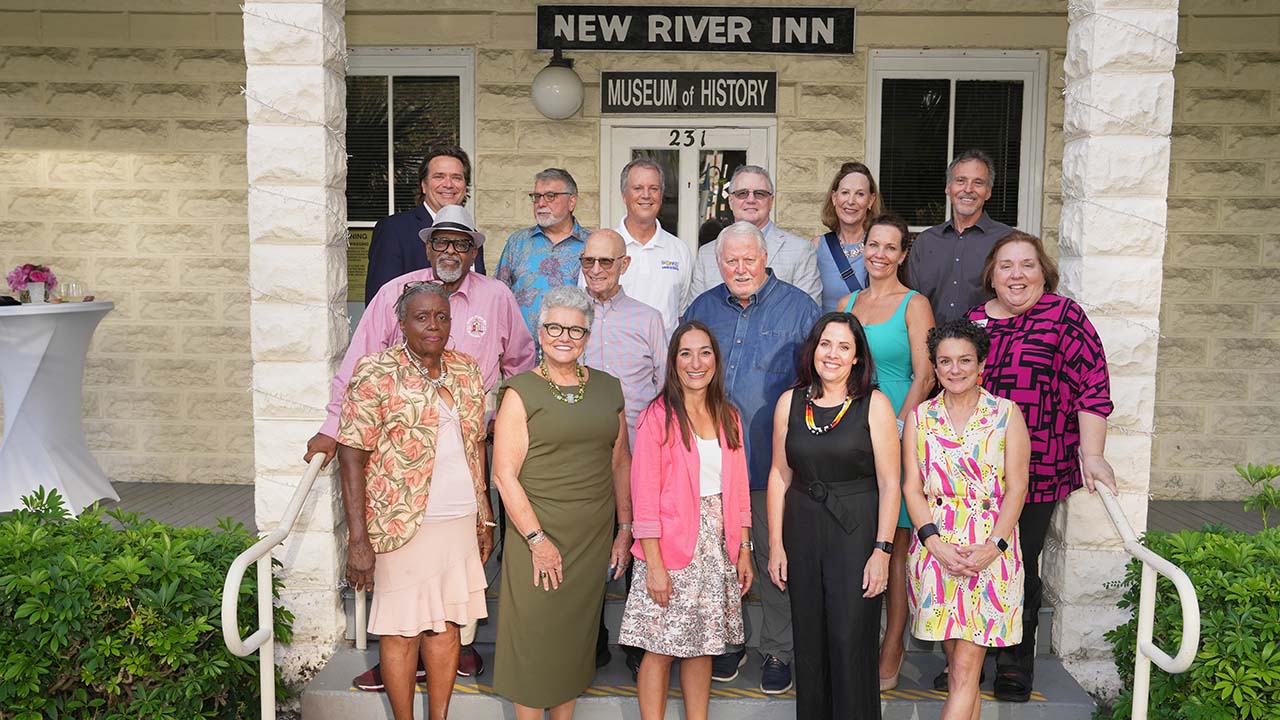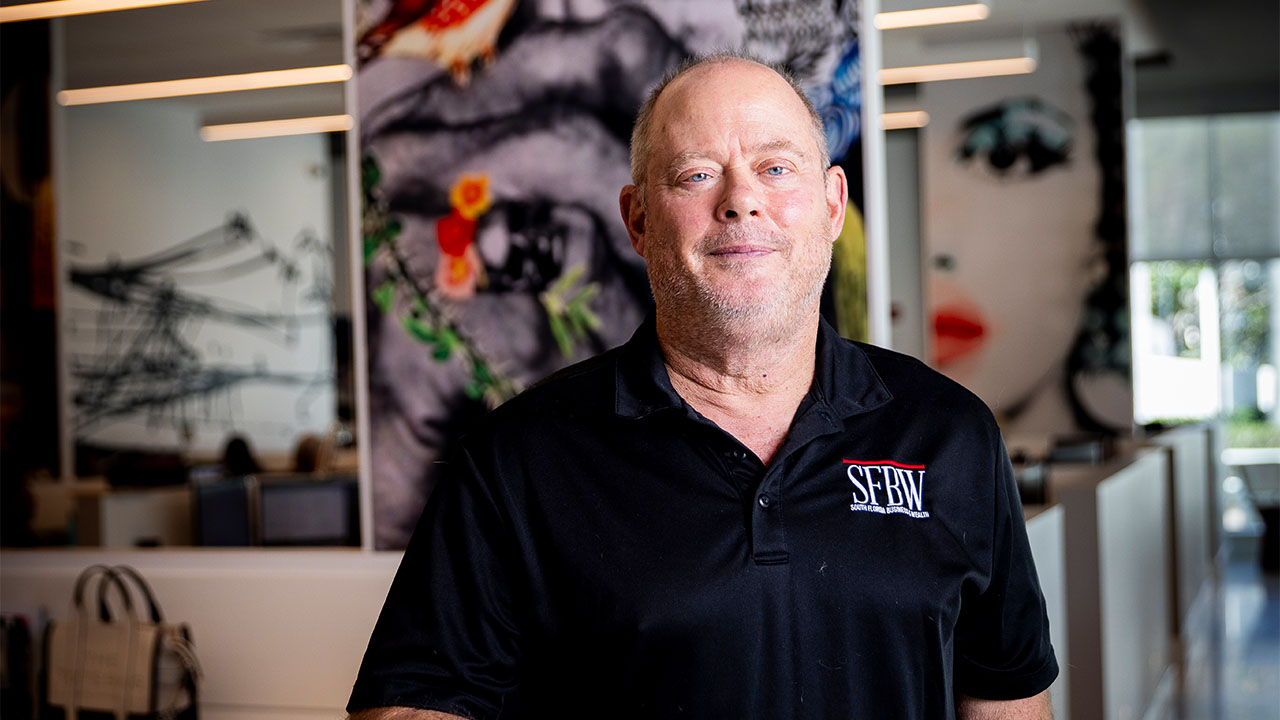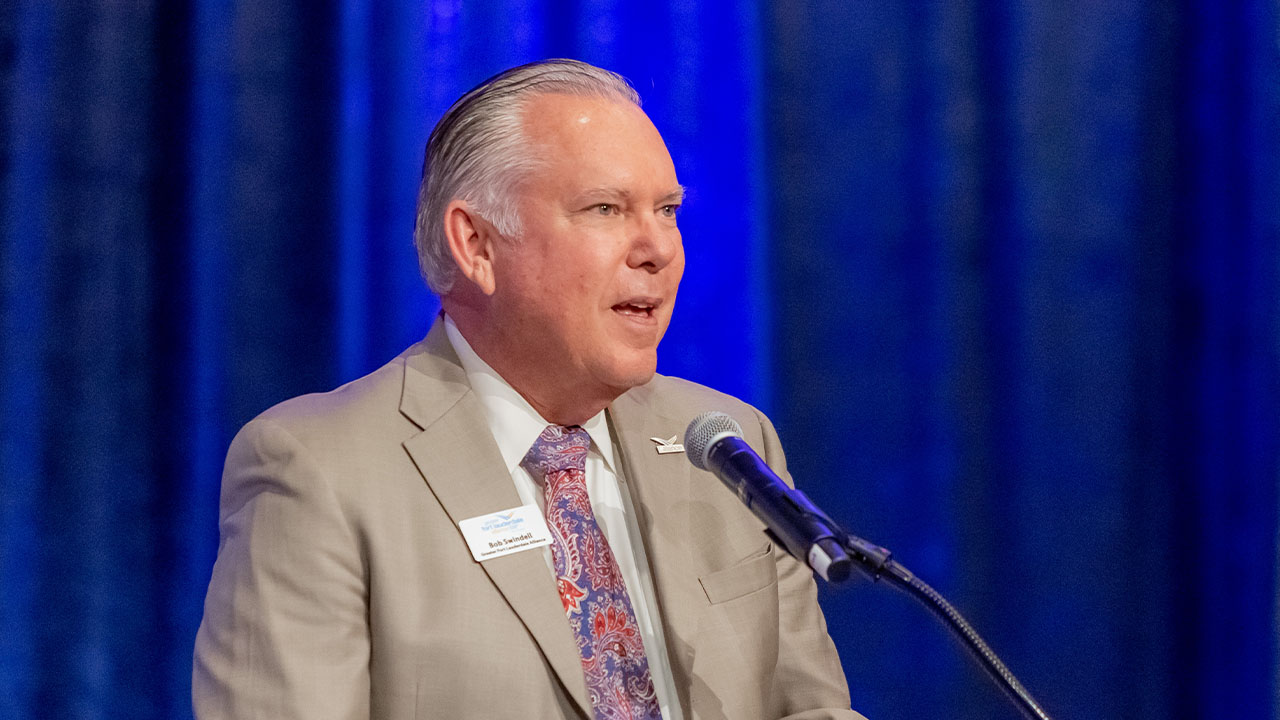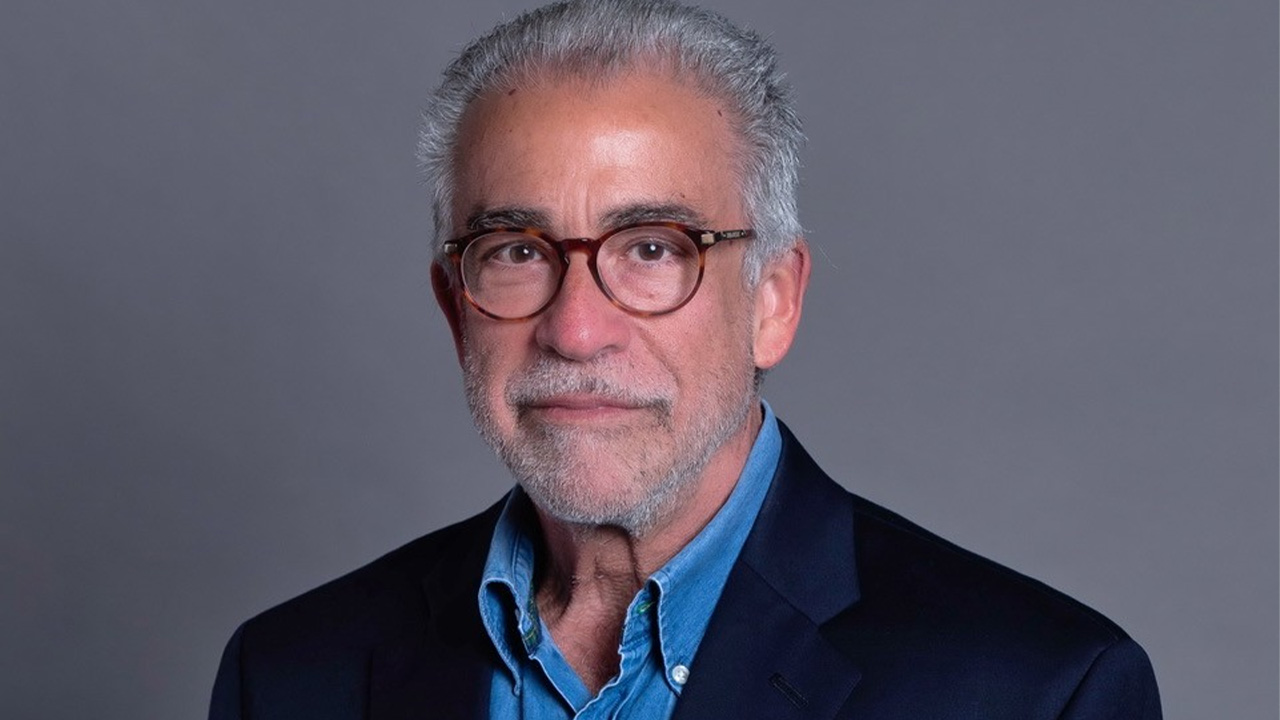“Technique and technology are important, but adding trust is the issue of the decade.” – Tom Peters
While businesses fight to win on strategy, product, innovation and route to market, the biggest intangible asset of all languishes in the corner, condemned as soft, fluffy and irrelevant. That asset is trust.
When trust is absent, you know it. The lack of it topples governments, destroys relationships and undermines businesses. It shows up in turf wars and fiefdoms, hidden agendas and politicking, interpersonal conflict, gossip and defend-and-protect communication. It impedes debate, slows decisions, obstructs teamwork and restricts creativity. It creates an “us” and “them” divide that management teeters across on an unsteady bridge of engagement surveys.
Many companies function with a lack of trust at their heart, but few would recognize it as an economic drain. Some businesses put up with the lack of trust or try a variety of palliative measures. For others, however, the economic nature of trust is becoming more and more apparent. When trust goes down, speed goes down and costs go up. When trust goes up, speed goes up and costs go down.
Think about the relationships you have where trust is high. It’s easier to get things done, to put issues on the table and discuss them, to be yourself, to believe in the agreements you make. If something goes wrong, you are more likely to see it in a positive light.
Then think about the opposite. When trust is low, what happens? You may be spending a lot of time and energy managing a relationship, making sure things don’t go wrong, trying to come to an agreement and dodging the issues. When things go awry, you are very unlikely to give the other side the benefit of the doubt.
How much effort and energy is burned up by businesses dealing with this kind of friction? How much time and money is lost? Most companies, irrespective of size and sector, are made up of a fabric of relationships between individuals, teams, managers, stakeholders, clients and suppliers. Most, at some point, will experience competing priorities, multiple (and sometimes opposing) objectives and erratic communication. Potentially, you have a constant source of fuel for the frictional fire and its impact on results.
Building trust is not an overnight sensation. It cannot be mandated or forced. It takes gaining insight into yourself and to others and sharing experiences over time. It takes a leader with courage to step forward and believe it’s possible to bridge a level of trust. It’s frustrating, challenging and demanding, but the rewards it yields are massive for individuals, for teams and for businesses.
Most significantly, when there is trust, we can adjust perceptions of one another and work together differently, feel happier, enjoy ourselves more and lift our individual productivity as a result. And that is gold dust for any company. ?
Steve Garber is director of Third Level Ltd. Contact him at 561.752.5505 or sgarber@thirdlevel.com.
















